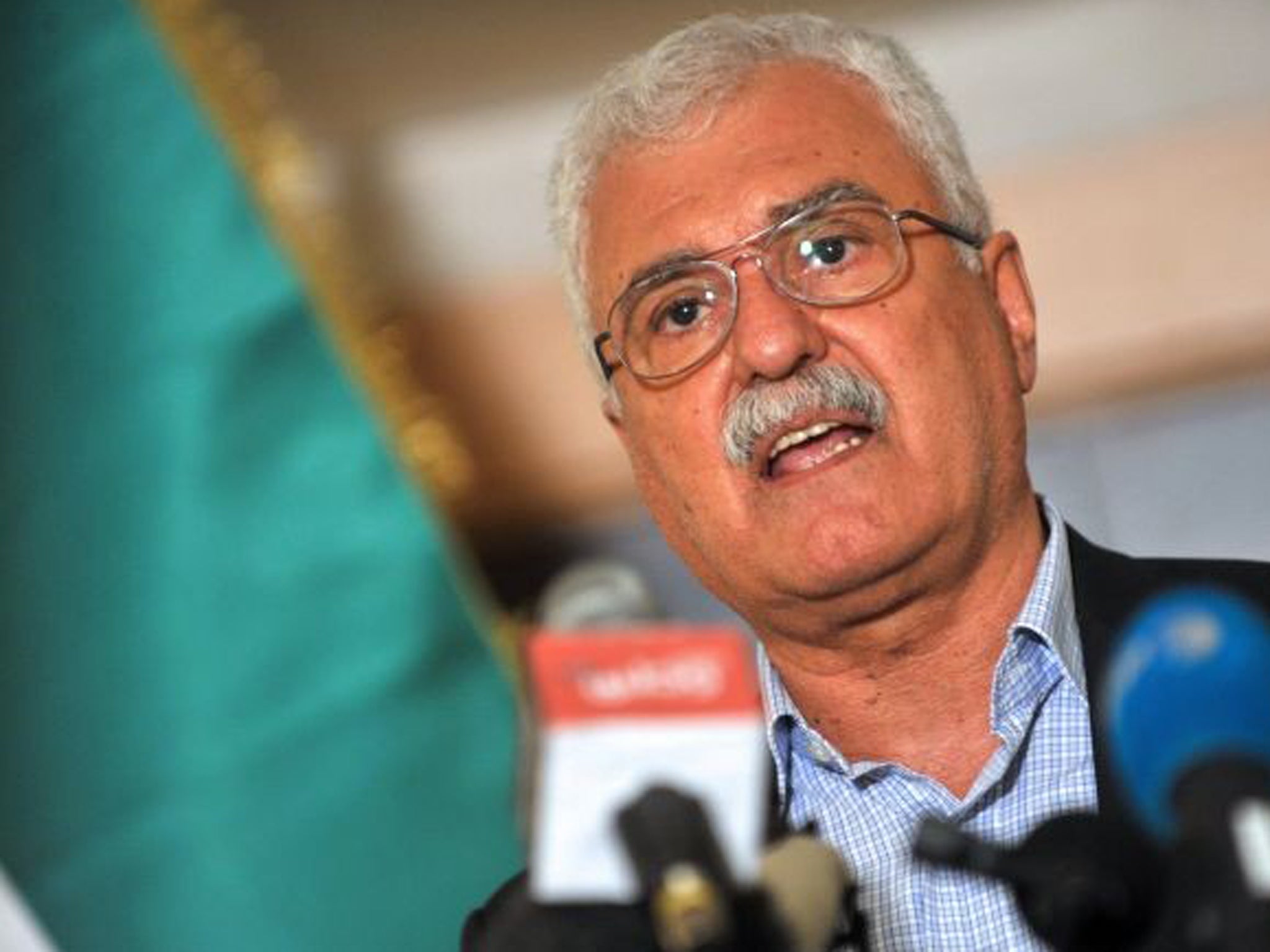Syria: Opposition set to boycott peace talks, saying Hezbollah's involvement makes dialogue 'impossible'
Comments come as a blow to international community, which has been at loggerheads over how to end the conflict

The Geneva conference on Syria was dealt an almost fatal blow today, just two weeks before the proposed date of the summit, when the opposition politicians said they intended to boycott the meeting.
The head of the umbrella political group that represents those fighting for an end to the regime of Bashar al-Assad said that Hezbollah’s involvement in the bloody civil war made talks impossible. “The National Coalition will not take part in any international conference or any such efforts so long as the militants of Iran and Hezbollah continue their invasion of Syria,” George Sabra, the head of the Syrian National Coalition (SNC), told reporters in Istanbul.
The comments will come as a blow to the international community, which has been at loggerheads over how to end the conflict. The Geneva talks are a joint US-Russian initiative after two years of bitter disagreement and argument over how best to bring peace to Syria. The West has largely called for Assad’s departure, while Moscow – a close ally of the Assad regime – has continued to export weapons and assistance to Damascus.
The Iran-backed Lebanese militant group, Hezbollah is understood to have played a leading role in the battle for the strategically important town of Qusair, which lies near the Lebanese border. The town has been held by rebel groups for some time, but has come under heavy bombardment from regular government forces and Hezbollah fighters in recent weeks.
“Civilians have no access to water, electricity and the massacre continues minute by minute while the Assad regime continues to use weapons [it has been given by its allies],” Khaled Saleh, a spokesman for the SNC said of Qusair.
The SNC had previously indicated that it would take part in the Geneva talks, but only if the process led to Assad’s departure. The government has also suggested that it will take part, but has insisted that the president will remain in office at least until scheduled elections next year – and possibly beyond.
The prospects for peace appear remote, however. Damascus said today that it had received the first batch of the sophisticated S300 missiles it had been promised by Russia as part of an arms deal six years ago. The delivery, if confirmed, comes just days after a European Union arms embargo on Syria was lifted in order to make exports to rebel groups possible. Meanwhile, Israel has said warned that it could act to prevent the S300s getting into Hezbollah’s hands.
Rebel groups fighting in Qusair today called for fresh medical assistance, saying that they were unable to evacuate their injured. “We have 700 people wounded in Qusair and 100 of them are being given oxygen. The town is surrounded and there’s no way to bring in medical aid,” Malek Ammar, an opposition activist in the besieged town, told the Reuters news agency.
Subscribe to Independent Premium to bookmark this article
Want to bookmark your favourite articles and stories to read or reference later? Start your Independent Premium subscription today.

Join our commenting forum
Join thought-provoking conversations, follow other Independent readers and see their replies